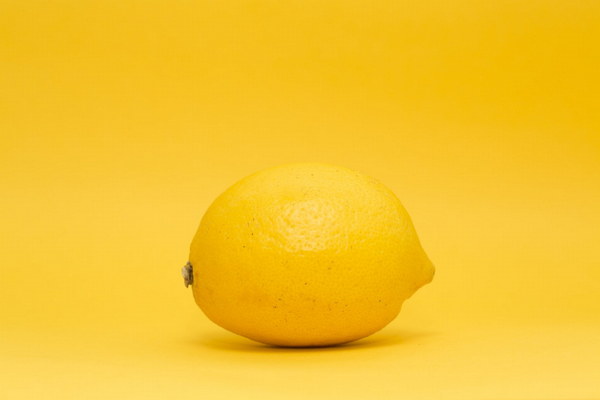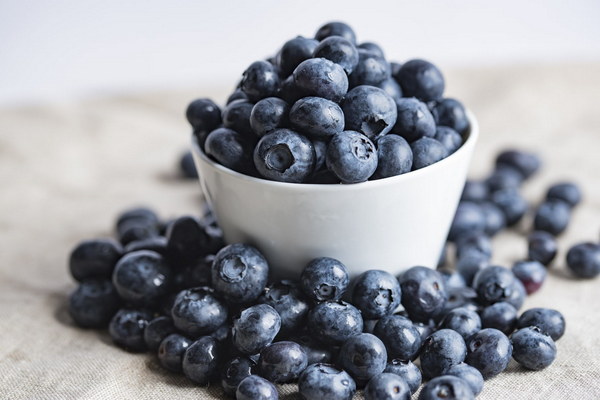Dealing with Dandruff Despite Head Treatment A Frustrating Journey
It's no secret that dandruff can be an incredibly frustrating and embarrassing condition. After investing time and money into a professional head treatment, it's disheartening to find that the dandruff persists. So, what's going on? Let's explore the reasons behind this persistent problem and what you can do to tackle it head-on.
Firstly, it's essential to understand that dandruff is a common scalp condition characterized by flaking, itching, and sometimes, redness. It can be caused by various factors, including seborrheic dermatitis, fungal overgrowth, psoriasis, or even stress. Even after undergoing a head treatment, these underlying causes may still be present, leading to the recurrence of dandruff.
One possible reason for dandruff persisting despite head treatment is the failure to adhere to a proper skincare routine. It's crucial to follow the recommended post-treatment care instructions, which may include using a specific shampoo, conditioner, or scalp treatment. Skipping these steps can leave your scalp vulnerable to dandruff recurrence.
Another factor could be the choice of hair products. Some shampoos, conditioners, and styling products can exacerbate dandruff by stripping the scalp of its natural oils or by causing irritation. It's important to switch to gentler, dandruff-fighting products that won't worsen the condition.
In some cases, the head treatment may not have been effective due to the severity of the dandruff. Severe cases of dandruff may require more aggressive treatment, such as prescription-strength shampoos or oral medications. It's essential to consult with a dermatologist or trichologist to determine the appropriate treatment for your specific situation.
Another potential reason for dandruff recurrence could be the presence of yeast called Malassezia, which feeds on the oils produced by your scalp. Even after a head treatment, these yeast cells may still be present, leading to the reappearance of dandruff. To combat this, you can use an anti-dandruff shampoo containing ketoconazole, selenium sulfide, or zinc pyrithione, which are effective at killing off these yeast cells.
Lifestyle factors can also contribute to dandruff persistence. Stress, poor diet, and lack of sleep can weaken your immune system and make your scalp more susceptible to dandruff. To improve your scalp health, consider adopting a healthy lifestyle, including a balanced diet, regular exercise, and adequate sleep.

In addition to these factors, some individuals may have a genetic predisposition to dandruff. If this is the case for you, it's important to manage your dandruff with a combination of treatments and lifestyle changes to keep it under control.
To overcome the frustration of dandruff recurrence after a head treatment, here are some tips to help you get back on track:
1. Stick to a consistent skincare routine, following the post-treatment care instructions provided by your hair professional.
2. Switch to a dandruff-fighting shampoo and conditioner, and consider using additional scalp treatments or oils to soothe and nourish your scalp.
3. Consult with a dermatologist or trichologist to determine the best treatment plan for your specific needs.
4. Manage stress through relaxation techniques, exercise, and a healthy lifestyle.
5. Monitor your diet and ensure you're getting enough essential nutrients to support healthy scalp and hair growth.
6. Stay hydrated, as dehydration can exacerbate dandruff symptoms.
Remember, dealing with dandruff is a journey, and it may take time to find the right combination of treatments and lifestyle changes that work for you. Be patient, persistent, and proactive in your approach, and you'll eventually conquer this frustrating scalp condition.









